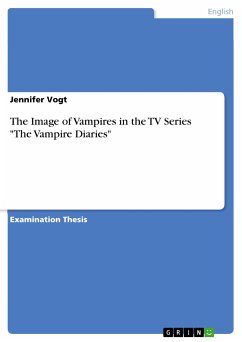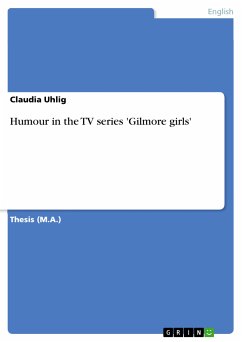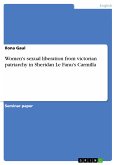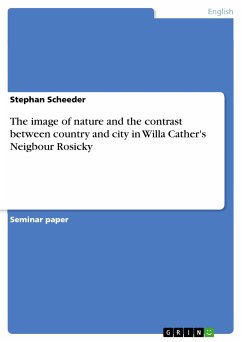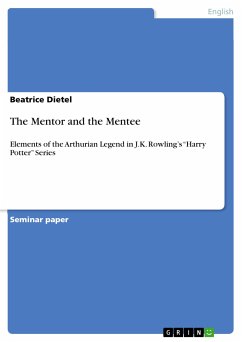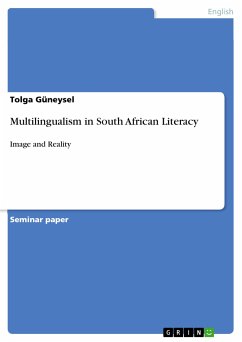Examination Thesis from the year 2012 in the subject American Studies - Miscellaneous, grade: 2,0, Saarland University, course: American Studies - Culture and Applied Geography, language: English, abstract: The vampire is one of the oldest and most powerful archetypes in modern media. Over the course of the last two centuries, the vampire has become an instrument of fiction and its myth has been retold, extended and reinvented through literature, film and television. Over time, stories concerned with vampires have gradually increased in popularity, reaching a climax in contemporary popular culture with the infiltration of the genre of romantic teenage drama. There have been endless representations of vampires in fiction and this precludes a single definition. However, vampires are associated with several long-standing traditional and stereotypical characteristics. Contemporary writers and film-makers have in particular attributed new and sometimes unique characteristics and rules which apply specifically to their own vampires. Vampires have gone through a process of change and their varying images have evolved throughout history and culture. This thesis undertakes an analysis of the image of vampires in contemporary fiction with particular reference to the first three seasons of the TV series The Vampire Diaries. Through an investigation of how the image of vampires has evolved and changed in the course of the 20th century, I will show that the contemporary vampire is not merely the embodiment of demonic evil, but rather a supernatural and complex creature that is closely related to the human species and combines both good and evil characteristics. In the second chapter I will address the development of fictional vampires, focussing mainly on the image of vampires in contemporary popular culture and their differing types and personalities. I will then present background information concerning the plot and main characters of The Vampire Diaries in the third chapter to facilitate the understanding of my subsequent analysis. The fourth chapter constitutes the greater part of my thesis and considers the representation of vampires in the TV series The Vampire Diaries. Various good and evil aspects of vampires will be investigated to build an integral whole of their image in the TV series. I will initially deal with the origins of vampires, followed by their physical and psychological traits, their weaknesses as well as their powers, their interaction with human beings, their integration into society and their relationship with humans and other vampires.

